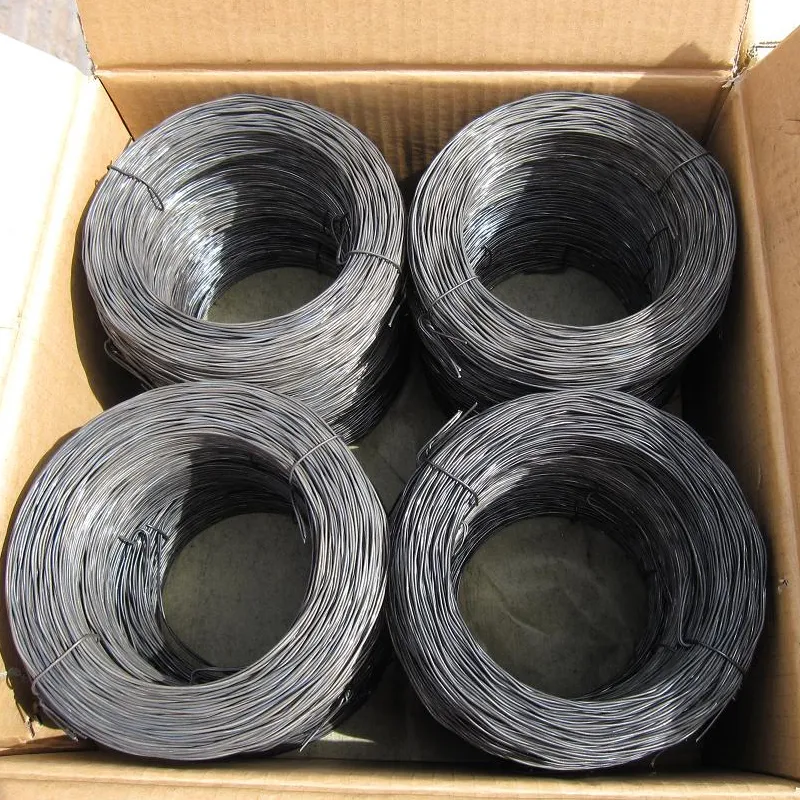Understanding Various Types of Construction Nails
In the realm of construction and woodworking, nails are a fundamental component. While they may seem simple, the different types of construction nails play a crucial role in ensuring the durability and effectiveness of a project. From framing a house to hanging a picture, the right nail can make all the difference. This article will explore the various types of construction nails and their specific applications.
1. Common Nails
Common nails are the workhorses of the construction world. They are used primarily for framing, carpentry, and general construction tasks. Typically, these nails have a thick shank and a flat head, which provides a solid grip in the material. Common nails are ideal for joining wood pieces together, especially in structural applications where strength is essential. They come in various lengths and gauges, allowing builders to select the right size for their specific task.
2. Finishing Nails
Finishing nails are designed for more aesthetic applications where the appearance of the nailhead matters. These nails have a smaller head that can be easily concealed, making them ideal for trim work, cabinetry, and other visible projects. When driven below the surface and filled with putty or paint, finishing nails provide a clean look that is essential in woodworking. They are available in various lengths and are often made from stainless steel or brass for added corrosion resistance.
3. Brad Nails
Similar to finishing nails, brad nails are used in lighter applications, such as fastening thin pieces of wood or molding. They have an even smaller diameter than finishing nails and are commonly used in pneumatic nailers, which make the installation process quicker and more efficient. Brad nails are perfect for delicate work where split wood might be a concern, such as in hobby projects or small furniture assembly.
construction nail types

Roofing nails are specifically designed for attaching roofing materials, such as shingles. They have a large, flat head that helps to secure the roofing materials in place while minimizing the risk of water infiltration. These nails often have a rubber washer under the head to create a watertight seal, making them critical in preventing leaks and extending the life of a roof.
5. Spike Nails
Spike nails, also known as timber spikes, are large nails used for heavy-duty construction projects. Typically ranging from 3 to 6 inches in length, these nails are used in framing and other structural applications where maximum strength is needed. Spike nails can be driven into thick lumber or timbers to create strong connections that can withstand significant loads.
6. Concrete Nails
Concrete nails are specially designed for fastening materials to concrete or masonry surfaces. They are typically hardened and thicker than standard nails to penetrate tough surfaces effectively. When installing fixtures or other materials to concrete, using the right concrete nail is essential to ensure a secure fit and long-lasting hold.
7. Decking Nails
Decking nails are designed for use in outdoor decking applications. They often have a special coating to enhance corrosion resistance, making them suitable for exposure to the elements. These nails usually feature a spiral or ring-shanked design that helps to prevent loosening over time, ensuring a secure and safe deck for years to come.
Conclusion
Choosing the right type of construction nail is essential for ensuring the integrity and longevity of any building project. Whether it's securing framing, completing trim work, or attaching roofing materials, understanding the unique features and applications of each nail type can significantly enhance the quality of your work. As you embark on your next construction or woodworking project, consider the specific requirements of your materials and select the most suitable nails for optimal results. By doing so, you'll help ensure the strength, appearance, and durability of your construction endeavor.

















